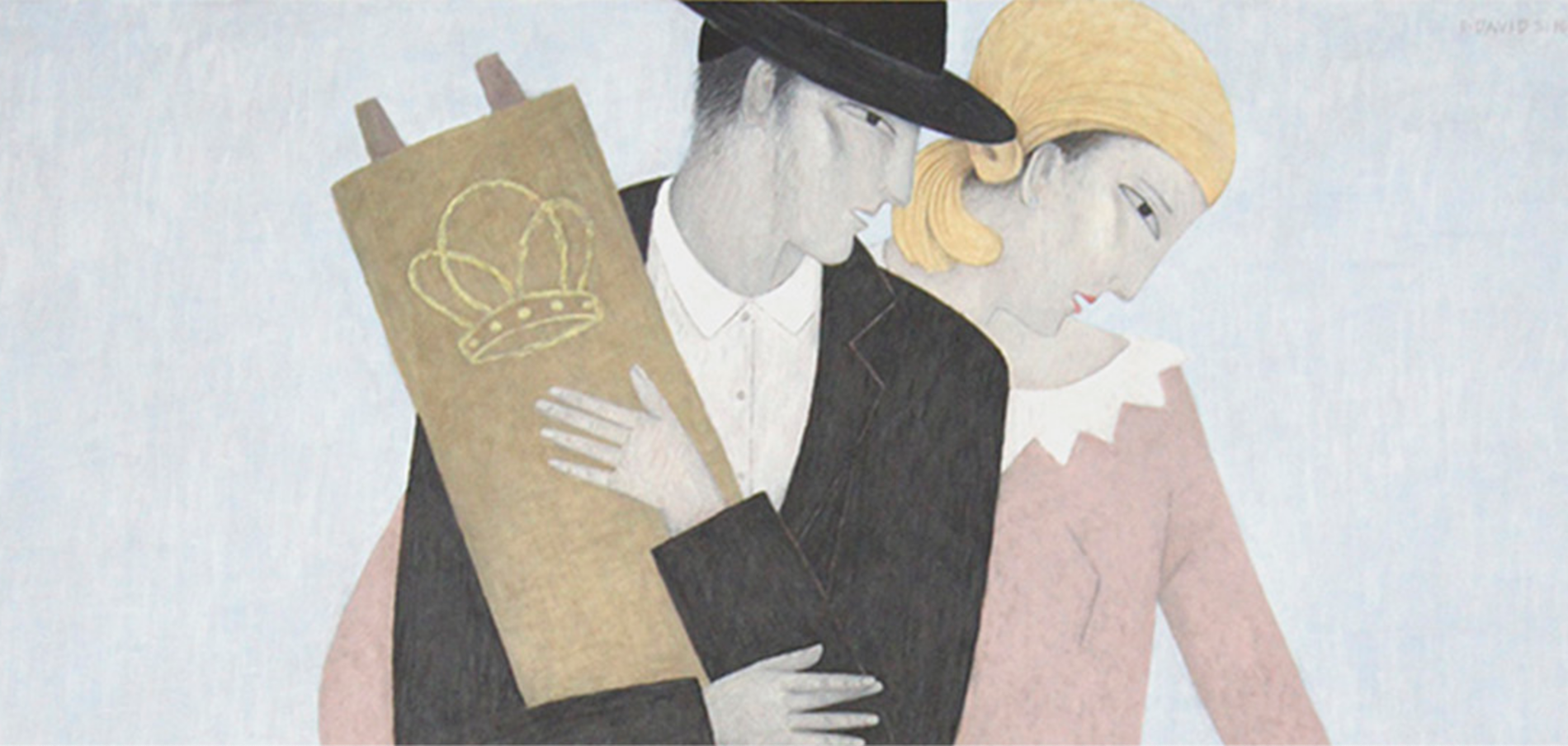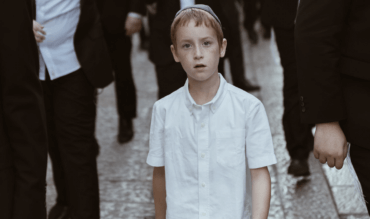If You Can’t Cook On Shabbos, Do You Have To Eat Cold Food?
Dear JITC-
I heard that people don’t cook food on Shabbos. So do you have to just eat cold food the entire day?
All the best,
Karen
Dear Karen-
Thanks for your question. Before we discuss cooking, I’d like to discuss fire in general. To do that, I’ll quote myself, from The Taryag Companion:
“The Torah (Exodus 35:3) prohibits lighting a fire on Shabbos. This was taken by the Sadducees to mean that we must sit in the dark all Shabbos, which is not the Torah’s intention. Accordingly, the Sages instituted that we should have a light burning in our house from before Shabbos begins. The reason for this is shalom bayis–in order to have peace in the home–since stumbling in the dark and banging into things is not conducive to a pleasant Shabbos experience.”
So, we make it a point to light Shabbos candles not just to enhance our Shabbos experience but also specifically to demonstrate that we are allowed to benefit from lights that were lit before Shabbos began.
Lighting a fire is just one of the types of labor that are restricted on Shabbos. The Torah does not enumerate them per se. Rather, it orders us to refrain from the labors that were necessary in building the Mishkan, the portable “Tabernacle” that was used before the permanent Temple was built (Exodus 31:13-17). The Sages enumerate what these labors are, and there are 39 of them altogether.
One of these 39 categories of labor is alternately known as ofeh (baking) and bishul (cooking). They refer to the same thing: using heat to effect a change in something. Baking was the final step in preparing the showbread in the Tabernacle and, later, the Temple, but it was not part of constructing the Mishkan. Cooking, however, was used in the construction of the Mishkan; various herbs were boiled to produce the dyes needed for the curtains. The restriction of bishul is not limited to food. For example, firing bricks in a kiln would also fall under the category of this labor.
Bishul occurs at a temperature that is called “yad soledes bo,” meaning that a person will instinctively draw his hand back upon touching it. The temperature of yad soledes bo is generally accepted to be around 110 degrees Fahrenheit, plus or minus based on the authority.
Now, remember how we may not light a fire on Shabbos but we may benefit from a light that was lit before Shabbos? And how we actually go out of our way to light a fire before Shabbos specifically to make that point? Cooking is like that. We may not cook on Shabbos but we may enjoy food that was placed on the fire before Shabbos began. Accordingly, people place food on the stove, in the oven or in a crockpot on Friday afternoon to be served for Shabbos lunch. (The burners on a stovetop are typically covered with a piece of tin called a blech – which is Yiddish for tin. The purpose of the blech is to keep the pots from resting directly on the flame. This provides some greater flexibility, the details of which are beyond our scope.) The stew traditionally served at Shabbos lunch is called “cholent,” from an Old French word meaning to keep warm. It was instituted that we specifically eat hot food on Shabbos in order to counter a heretical sect’s assertion that it was prohibited to do so. One who refuses to eat hot food on Shabbos is suspect.
You may have noticed that people make coffee and tea in an unusual way on Shabbos: The pot on the fire is called a kli rishon (first vessel). People pour water from this pot into a cup, which becomes a kli sheini (second vessel). To make coffee or tea on Shabbos, one then pours water from the kli sheini to a kli shlishi (third vessel). It is into this kli shlishi that one then adds a tea bag or instant coffee. While the water is still pretty darn hot, it is removed enough stages from the heat source that it no longer meets the halachic definition of cooking.
It should be noted that bishul is one of the most complicated areas of Shabbos observance. There are many fine books that explain this area of halacha in thorough detail. One should not base one’s Shabbos observance in practice on this necessarily brief response.
Sincerely,
Rabbi Jack Abramowitz
JITC Educational Correspondent
This post is sponsored by the Kova Warming Tray. The Kova Warming Tray fits on top of your crockpot, replacing the lid, to provide you with an extra warming surface. It is not just a tray placed on top of a crockpot, but it fits securely with patented, custom-designed bumpers. The foods are warmed by using the heat of the crockpot as your slow-cook meals are prepared. Certified by the Star-K, this innovative new product makes heating food on Shabbos much more convenient, energy-efficient and saves countertop space too. Visit kovatray.com to learn more.
If you found this content meaningful and want to help further our mission through our Keter, Makom, and Tikun branches, please consider becoming a Change Maker today.







